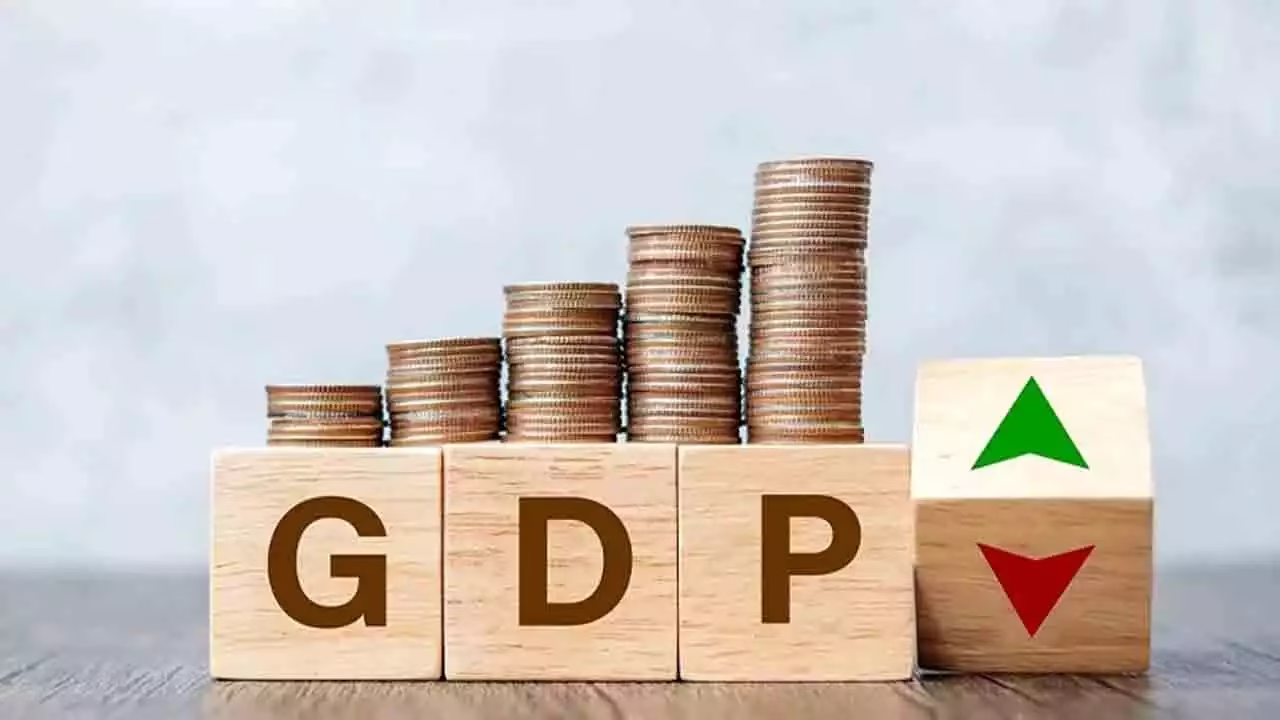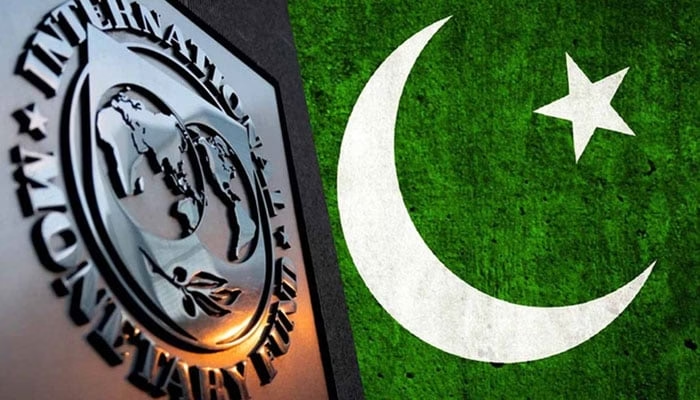Pakistan faces a range of structural challenges that are impeding its progress toward long-term economic stability and growth. According to a recent document released by the Planning Commission, several key obstacles are hindering national development, including a struggling energy sector, poor-quality education and healthcare systems, the growing impact of climate change, and a lack of effective policy implementation.
The report outlines that while Pakistan’s economy is making some progress, it remains insufficient to meet future demands. Major issues such as low exports, political instability, fiscal and current account deficits, and a poor business environment continue to undermine growth. The rapid increase in population further intensifies these challenges, placing strain on the country’s limited resources and infrastructure.
Low Economic Growth a Major Concern
One of the central concerns raised in the report is the sluggish pace of economic growth. The current Gross Domestic Product (GDP) growth rate is not enough to address unemployment, reduce poverty, or establish a stable and resilient economy. Based on existing trends, the report forecasts that Pakistan’s GDP growth will reach only 4.7% by the year 2047, a rate far below what is needed to transform the country into a robust, middle-income economy.
To put this in perspective, the Planning Commission emphasizes that a minimum GDP growth rate of 9.8% by 2047 is necessary to create enough jobs for the country’s expanding youth population, reduce poverty, and ensure economic stability. Without reaching this benchmark, the national economy may remain stagnant and unable to address rising demands.
Climate Change, Health, and Education Crises
The report also highlights the growing impact of climate change, which is severely affecting Pakistan’s ability to maintain a steady supply of water and food. These disruptions pose serious threats to agriculture and food security, further worsening poverty levels and public health conditions.
In addition to climate-related issues, the state of education and healthcare continues to hinder economic development. Substandard facilities and limited access are not only affecting human capital development but also decreasing the productivity of the workforce. Without major improvements in these sectors, the report warns that the country will struggle to compete in the global economy.
Growing Youth Population and Unemployment
Pakistan’s population is growing rapidly, with a significant portion being youth. However, there is a glaring lack of job opportunities for this demographic. The mismatch between educational output and job market demands is leading to rising unemployment and underemployment. The Planning Commission stresses the urgency of leveraging youth potential through job creation, vocational training, and technological advancement.
Key Recommendations for Sustainable Growth
To address these issues and achieve the long-term goal of becoming a $3 trillion economy, the report offers several critical recommendations:
- Boost Private Investment: Encourage private sector participation in key areas such as infrastructure, services, and digital technology.
- Increase Agricultural and Industrial Output: Modernize farming techniques and invest in value-added industries to increase productivity.
- Expand Energy Infrastructure: Develop sustainable and affordable energy sources to reduce power shortages and attract investment.
- Promote Exports and Foreign Investment: Simplify export procedures, reduce tariffs, and create a favorable environment for international investors.
- Support the SME Sector: Strengthen small and medium-sized enterprises, which are vital for job creation and economic diversification.
- Enhance Human Resource Development: Align education and skills training with market needs to fully utilize the potential of the country’s labor force.
- Address Climate Change: Invest in environmental sustainability and climate-resilient infrastructure to safeguard resources and livelihoods.
Political Stability and Policy Implementation Are Crucial
Finally, the document emphasizes that political stability must be the top national priority to sustain long-term growth. It suggests significant improvements in law and order, governance, and public financial management. Without a reliable policy framework and consistent governance, even the best economic plans may fail to deliver desired outcomes.
The Planning Commission concludes with a stark warning: if the current pace of growth continues, Pakistan’s economy may not even reach the $3 trillion mark within the next two decades. Urgent reforms, innovative policymaking, and coordinated national efforts are necessary to overcome existing challenges and build a secure, prosperous future.



